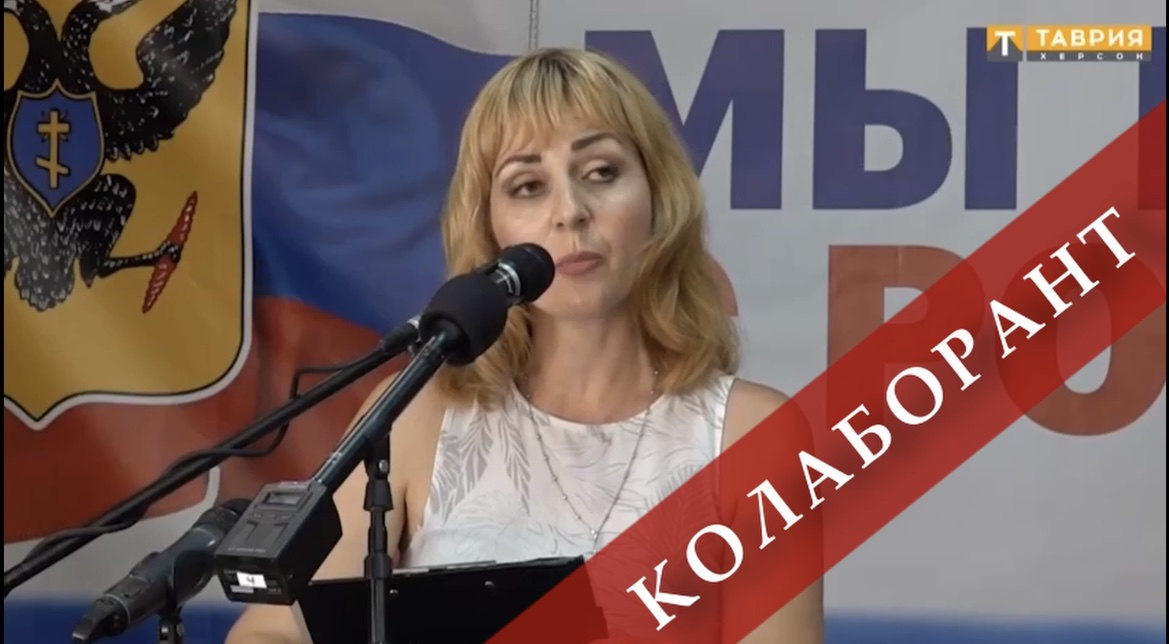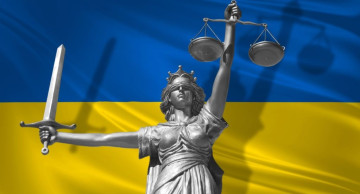I constantly strive to develop and acquire new knowledge, my experience and additional education confirm this.
The term "treason" is used to denote actions that are aimed at harming the state or its interests. This may include actions by citizens or members of the government that deliberately act against the national interest, in particular by violating the sovereignty, territorial integrity, defense capability or economic security of the country.
Typically, treason can include acts such as espionage for a foreign state, providing assistance to terrorist organizations, misrepresenting or disclosing state secrets, or other acts that could significantly harm the national interest.
The definition of treason reflects actions that are deliberately committed by a citizen of Ukraine and are aimed at harming various aspects of national security and the country's sovereignty. These aspects include:
1. Sovereignty: actions that threaten the independence and autonomy of the state can be considered as treason.
2. Territorial integrity and inviolability: this means the defense and protection of territorial boundaries and their inviolability. Actions that lead to the violation of the integrity of the state or the transfer of territory in favor of another state can be considered as treason.
3. Defense capacity: this means the ability of a country to defend its territory and interests in the event of a threat. Actions that jeopardize the country's defense capabilities, such as providing sensitive information to enemy forces or aiding their invasion, can also be considered treason.
4.State, economic and information security: this covers measures to protect against internal and external threats that can harm the stability, economic development and information space of the country. Actions aimed at undermining these aspects of security can also be considered treason.
According to Article 111 of the Criminal Code of Ukraine:
High treason committed during peacetime: punishable by imprisonment for a term of 12 to 15 years with or without confiscation of property.
Treason committed under martial law: punishable by imprisonment for a term of fifteen years or life imprisonment, with confiscation of property.
Cases of exemption from criminal responsibility: a citizen of Ukraine may be exempted from criminal responsibility if he did not take any actions to fulfill the criminal task of a foreign state, foreign organization or their representatives, and voluntarily informed the state authorities about his connection with them and the task received .
These provisions are aimed at protecting national interests and ensuring national security of Ukraine.
Transferring to the side of the enemy or committing other actions aimed at harming the state or its defense capability during the period of martial law may be punished by imprisonment for a term of fifteen years or life imprisonment with confiscation of property.
A special feature of the crime of treason against the state or a public official in wartime is that this crime is committed during a period of threat to national security, when the country is in a state of war or military conflict.Depending on the circumstances and the specific situation, the most severe criminal penalties may be applied for violation of this article, as they relate to actions that threaten national security and the integrity of the state during a period of military danger.
# Lawyer 111 Criminal Code # Lawyer High Treason # Article 111 Criminal Code #





























